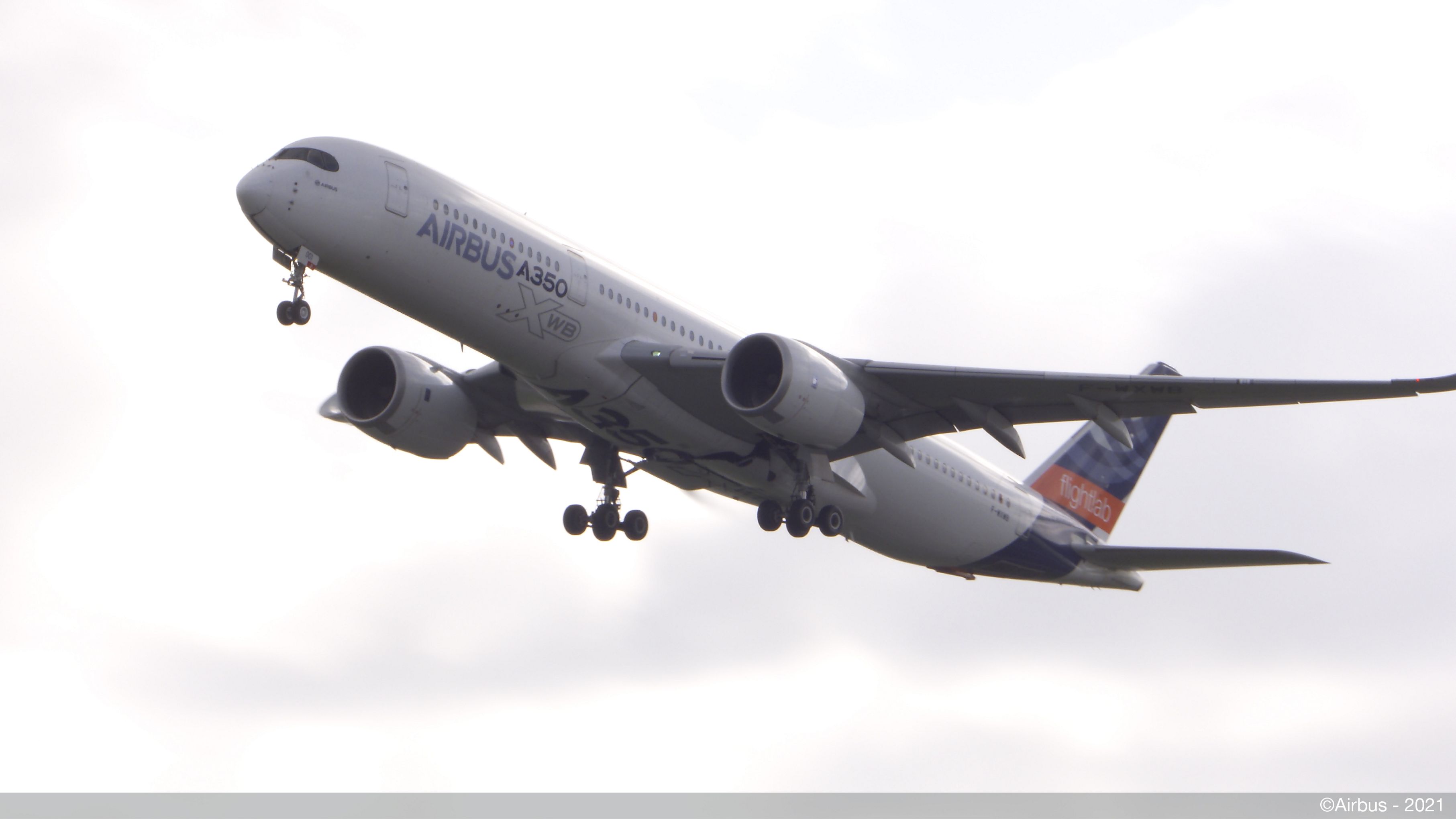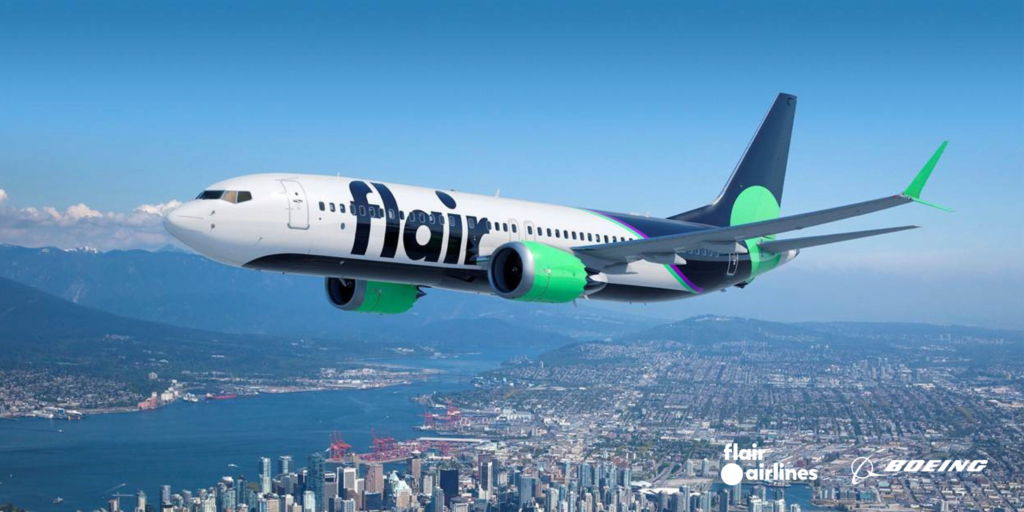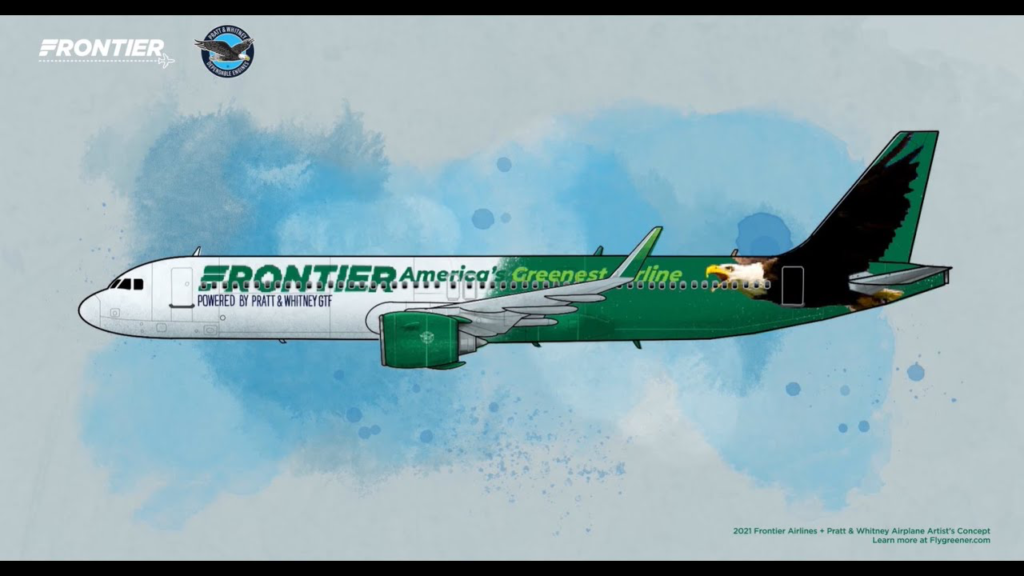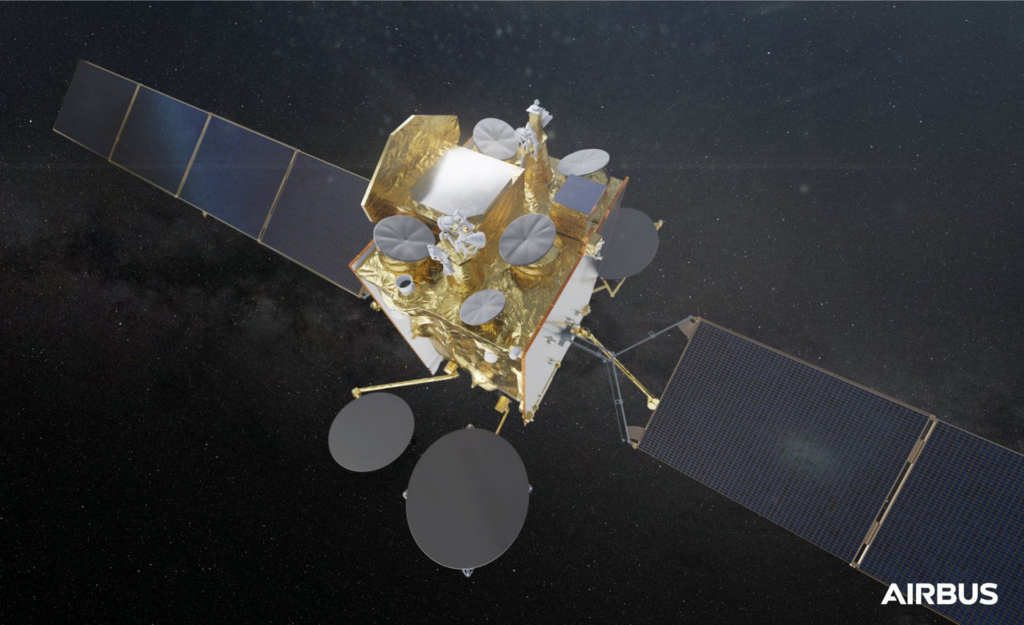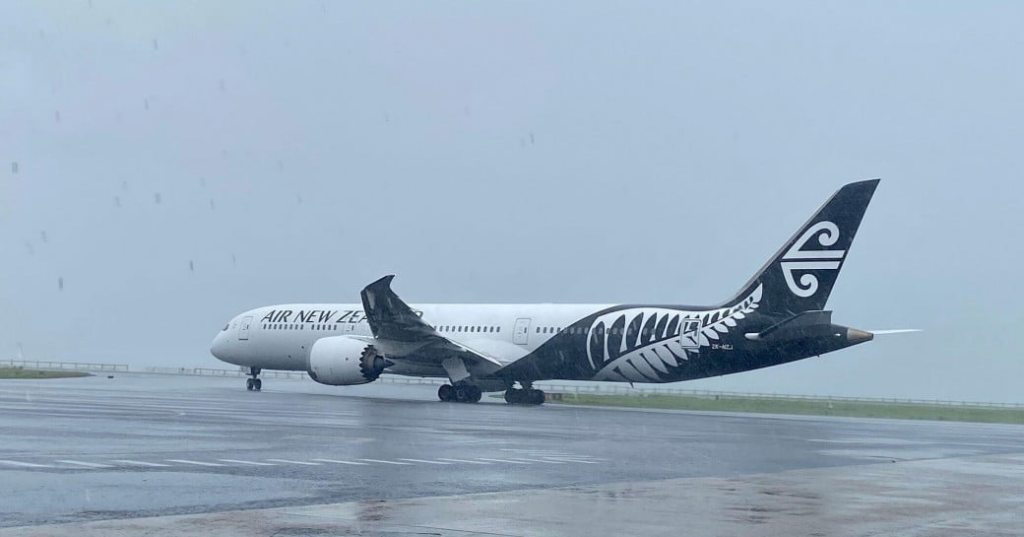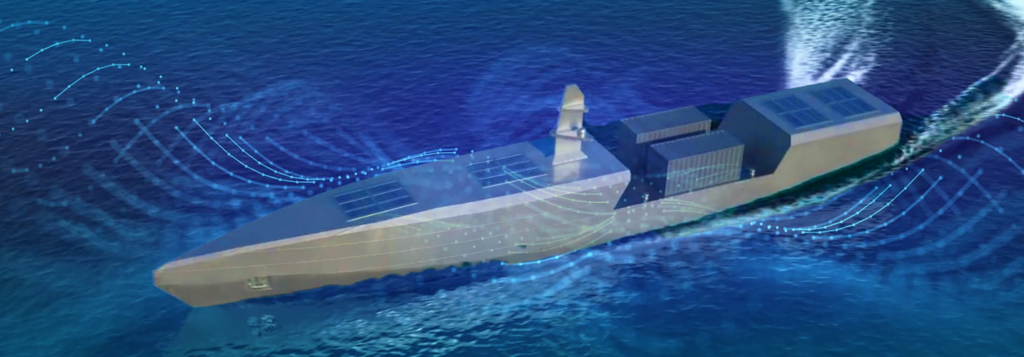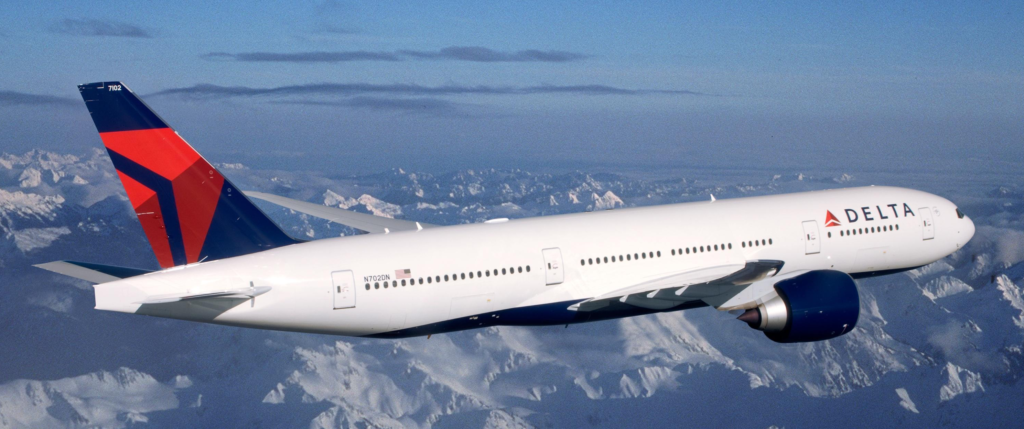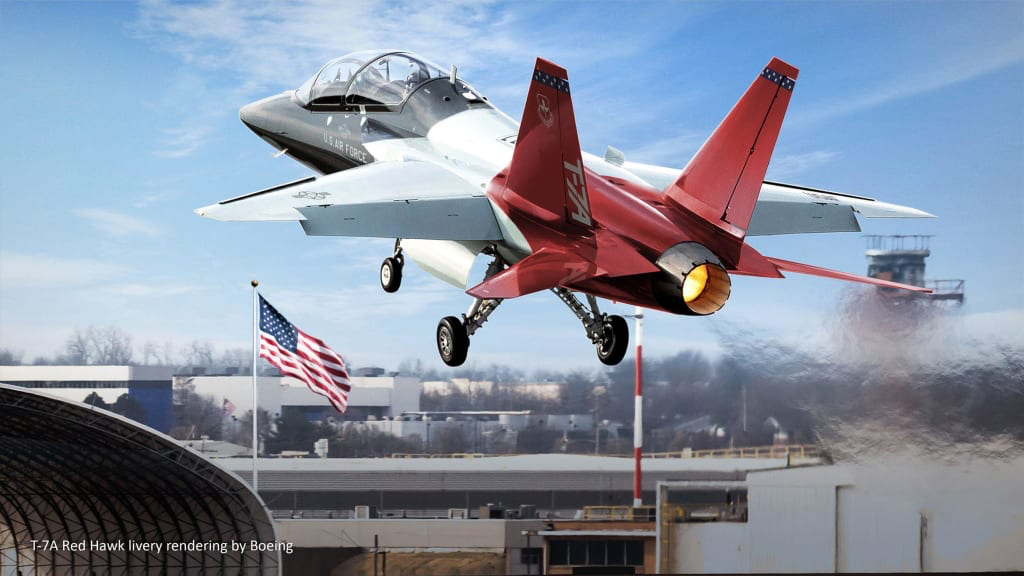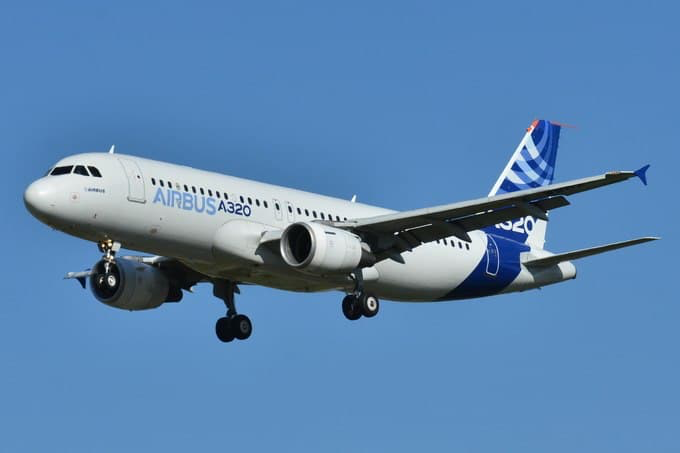First 100% Sustainable Aviation Fuel Study on Commercial Jet Emissions Launched
Toulouse, France, 18 March 2021 – A team of aerospace specialists has launched the world’s first in-flight emissions study using 100% sustainable aviation fuel (SAF) on a wide-body commercial passenger aircraft. Airbus, German research centre DLR,…
